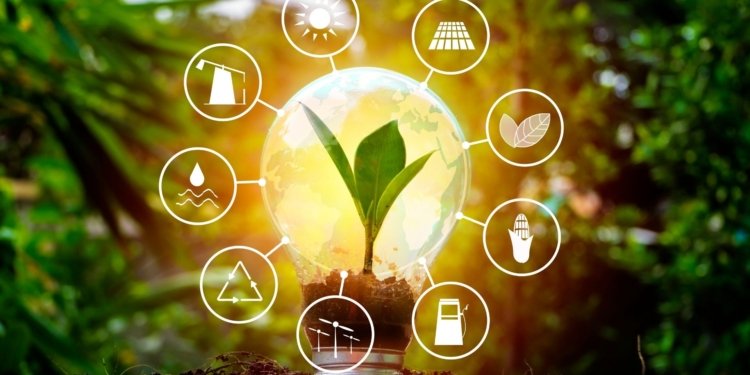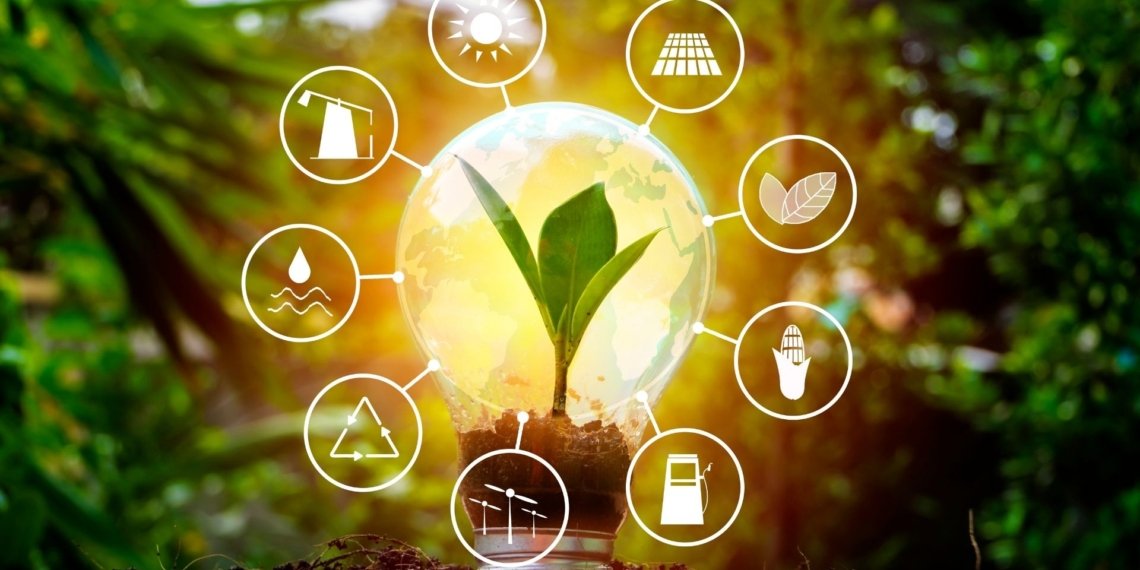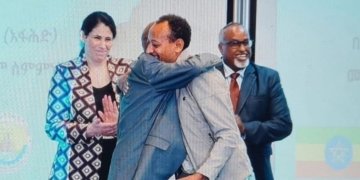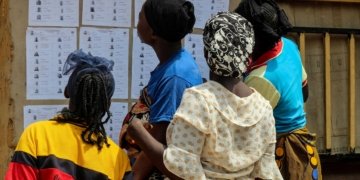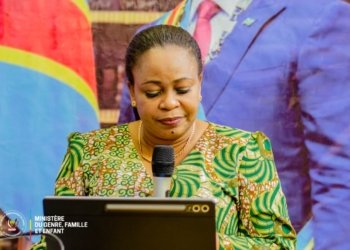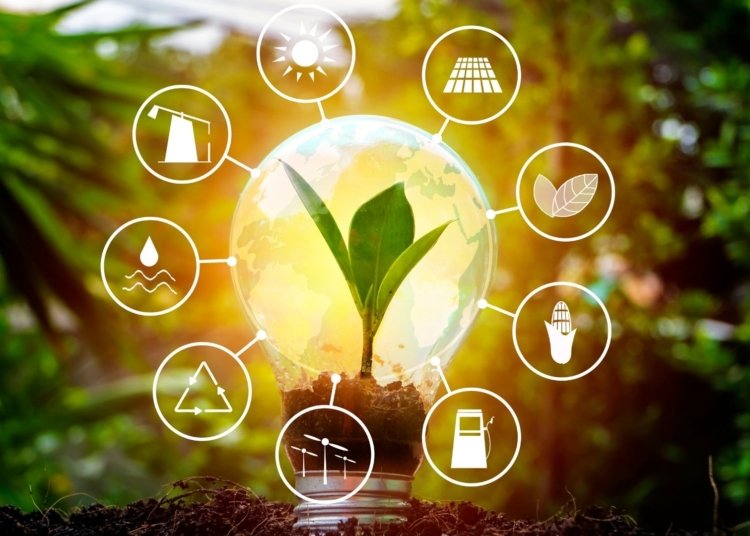Women remain underrepresented across Africa’s energy industry, including staffing, leadership roles, access to funding and workplace support. As the founder of the African Youth in Energy Network, I’ve encountered these barriers firsthand, even as many of us continue working to create space for others.
Early in my career, I saw capable women regularly underestimated. In one meeting, a senior female engineer was mistaken for an assistant. She responded with a thorough technical analysis that changed the course of the conversation. These moments point to a deeper issue where women are acknowledged only after exceeding expectations.
NJ Ayuk, executive chair of the Africa Energy Chamber, once told me, “Women in energy are not just fighting for a seat at the table; they are fighting to keep it. The biggest barrier is perception.” That perception continues to influence who gets hired, promoted and taken seriously.
I, too, have felt that sting of being underestimated. Whether it meant being sidelined in discussions or having my ideas dismissed without consideration, those moments stayed with me. Each one pushed me to prove that my skills and perspective were just as essential as anyone else’s. For me, it was never just about winning a seat in the boardroom. It was about challenging a culture that too often overlooks the value women bring.
Over time, I came to realize that technical skills alone would not dismantle these barriers. We also needed community. That insight led me to establish the African Youth in Energy Network, which provides women with mentoring, peer support and skill-building opportunities. Our goal is to help women grow in an industry where they are often isolated or underestimated.
Many women working in energy find themselves as the only woman in their department or project team. This isolation can be particularly acute in field operations, where workplace cultures have been shaped by decades of male-dominated practices. Our network creates connections that transcend geographical boundaries.
Support has come from allies as well. At Genesis Energy, senior leadership made a strategic decision to hire and mentor more women. One executive told me, “When women are empowered, we see a ripple effect that benefits the entire organization. It’s a win-win.” When leadership commits, workplace culture starts to shift.
Progress is underway, though inconsistently. Women still face challenges securing promotions, attracting investment and working in field environments designed with little consideration for their needs. Inclusion is being discussed more openly, while enforcement of policies and accountability measures remains limited.
There have been breakthroughs. I remember speaking at my first energy conference as a network founder, and how visibility can change what others imagine for themselves. Experiences like that have kept me moving forward.
Ayuk offered a powerful reminder that “the best energy companies of the future will be those that embrace diversity. The most successful economies will be the ones that empower women.” It’s a compelling vision, though one that requires more than belief.
Real progress depends on practical policies, inclusive systems and leadership that values everyone’s contribution. This means implementing mentorship programs, creating flexible work arrangements, and establishing advancement pathways with transparent criteria. Companies must move beyond diversity statements to measurable goals.
When women have the support they need to thrive, the energy sector becomes stronger, and Africa’s future grows stronger with it. The barriers require deliberate action, sustained commitment, and genuine partnership between women and allies across the industry.

Lydia Kapangilaa is an energy professional and founder
of the African Youth in Energy Network. She focuses on collaboration, equity and sustainable development across Africa’s energy sector
